Vous cherchez des alternatives aux pesticides ? Vous vous souciez de ce que chacun peut manger ? Vous voulez protéger nos sols ?
Sans vous promettre la lune, des solutions existent.
Trois dossiers développés à partir de nos travaux de recherche, Ressources propose des chiffres clés, des infographies, une synthèse de nos travaux et des références pour renforcer vos connaissances, favoriser l’analyse et donner des perspectives aux enjeux d’avenir



 Your new post is loading...
Your new post is loading...

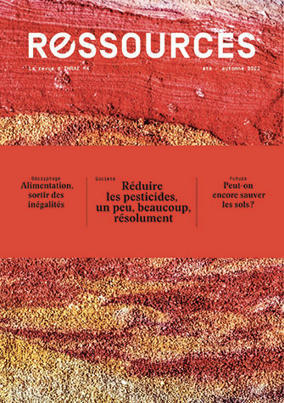


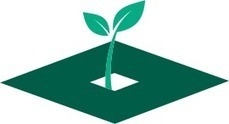

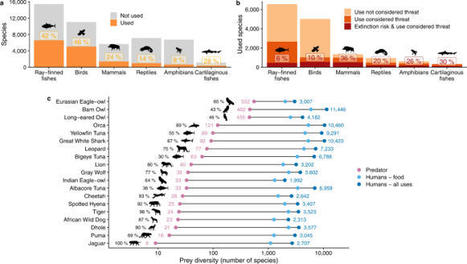
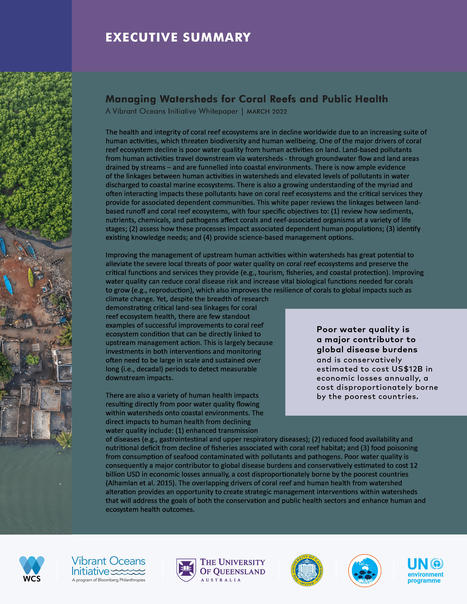
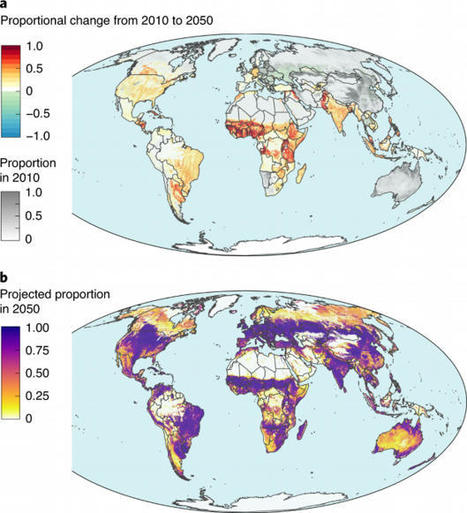





@editionsquae. Plus d'infos sur https://www.inrae.fr/ressources